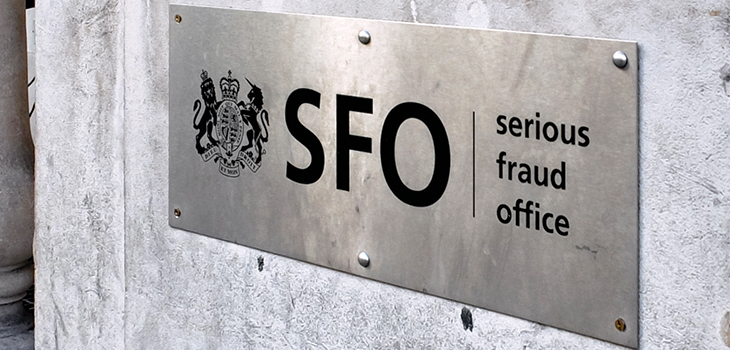
- The introduction of DPAs.
- Significant impact on the legal landscape.
- Judicial oversight & impact on individuals.
Five years ago, an article in NLJ provoked an interesting debate about deferred prosecution agreements (DPAs), which were then recently introduced and widely hailed as a possible solution to the difficult question of how to deal effectively with corporate crime (see ‘A blessing or a curse?’).
Jonathan Pickworth’s article set out some reasons why a corporate body accused of financial impropriety may not want to sign up to one of these then newly minted deals. It prompted some interesting responses, including one from Matthew Wagstaff, then head of bribery and corruption at the SFO, regarding the necessity or otherwise for companies to waive privilege.
At that stage, however, the debate was largely theoretical. Only one DPA had then been agreed and no one could be certain how DPAs would work in practice. Five years on we have a body of cases to help us answer the question










